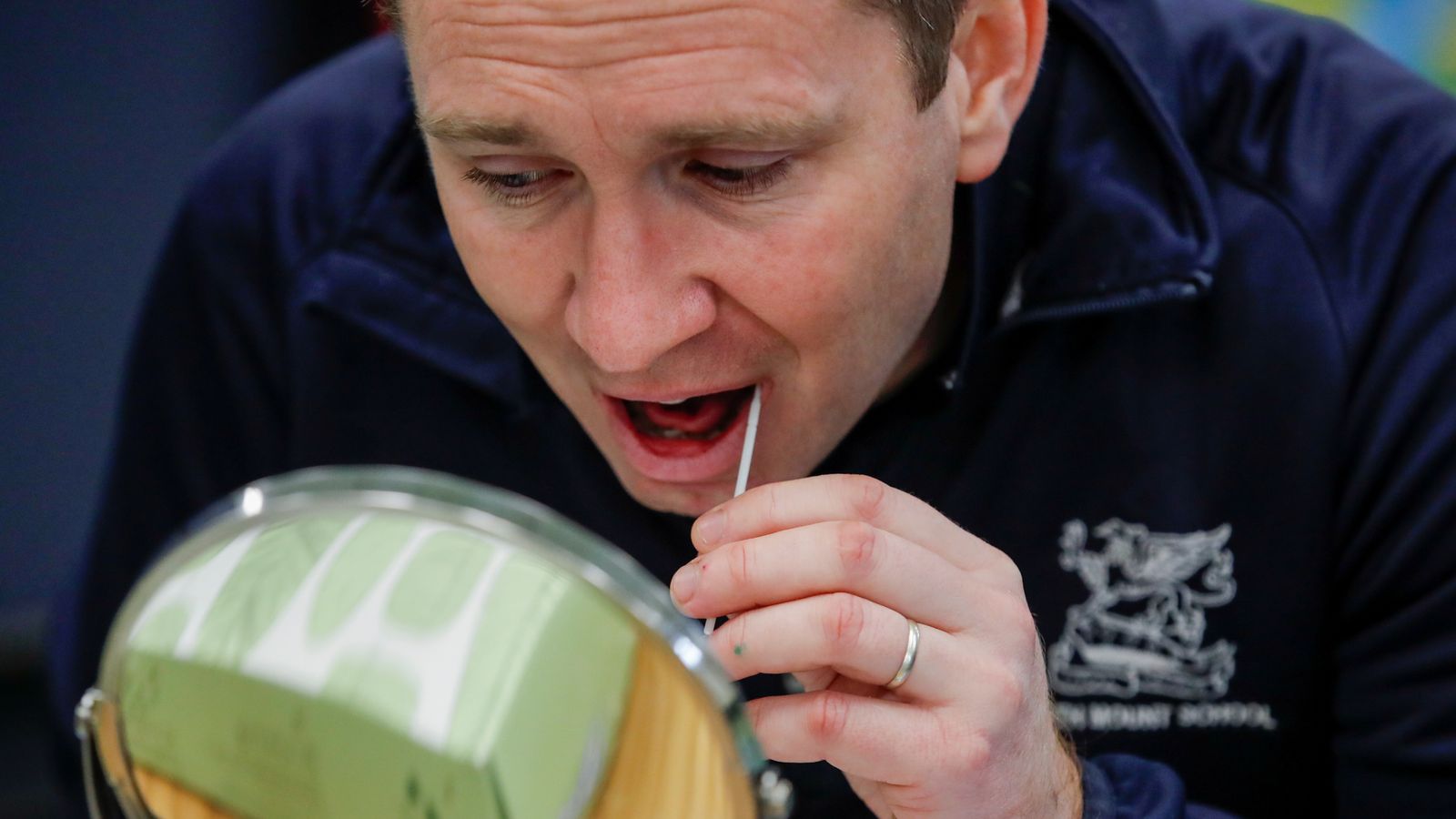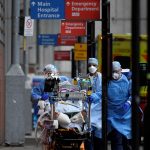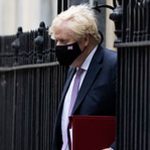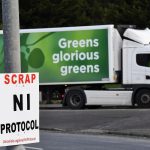When Matt Hancock presented his “Operation Moonshot” mass testing plan to the Commons last September, there was laughter.
Frustrated by the heckling from opposition benches, the health secretary retaliated, calling Labour MPs “naysayers” and arguing they “should get with the programme”.
Please use Chrome browser for a more accessible video player
The original coronavirus mass testing programme – and its £100bn price tag – was later scrapped and subsumed into the NHS Test and Trace scheme.
But this Friday it will finally become reality.
Government ministers are concerned that the imminent unlocking of the economy will lead to a surge in COVID-19 cases.
Therefore, mass testing should help them to spot outbreaks quickly, break chains of transmission and avoid the need to reintroduce restrictions.
A third of people with COVID show no symptoms, so they should also be found faster.
Offering twice-weekly tests for every adult in England will be a significant logistical achievement if it works.
Subscribe to the Daily podcast on Apple Podcasts, Google Podcasts, Spotify, Spreaker
Yet there is scepticism about the likely level of take-up, plus concerns from scientists that lateral flow tests are less reliable, especially when carried out at home.
Even more controversial is how these test results may feed into a system of app-based domestic COVID passports allowing those who have not received a vaccine, but have got a negative test result, to prove they are safe to admit to large sports and entertainment venues.
More than 70 MPs are already opposed to any such programme.
Boris Johnson’s big challenge is to convince people to order their rapid COVID tests, and then to actually use them.
Otherwise his one-way irreversible roadmap out of lockdown may need to be rewritten.






















